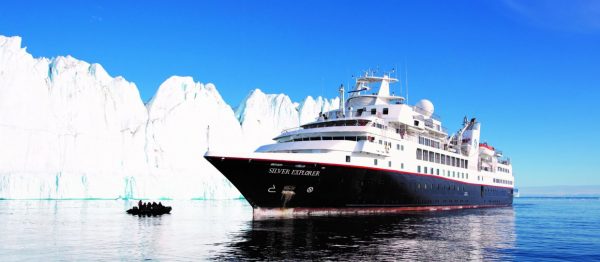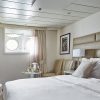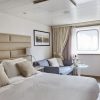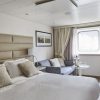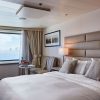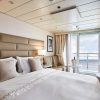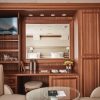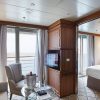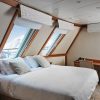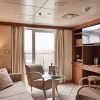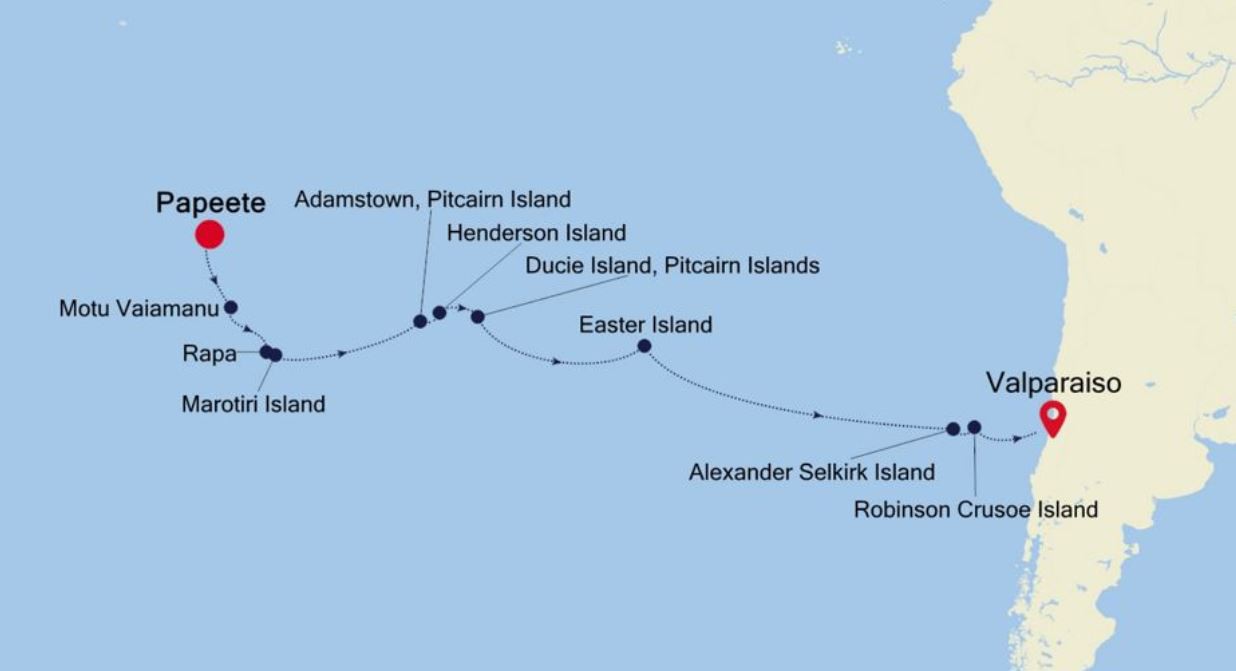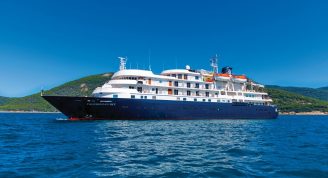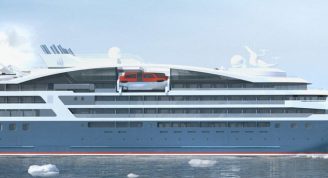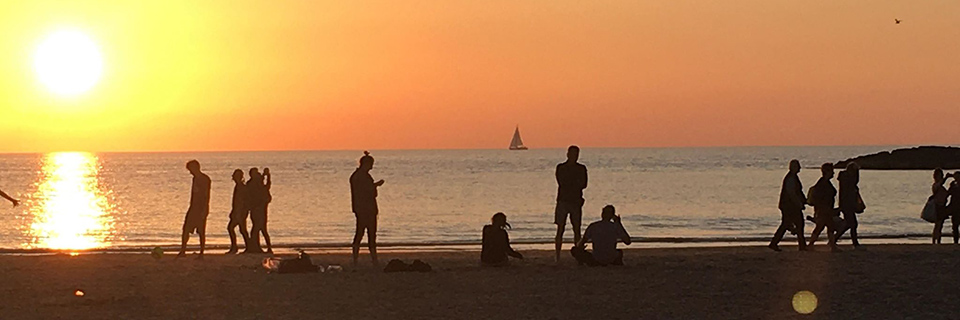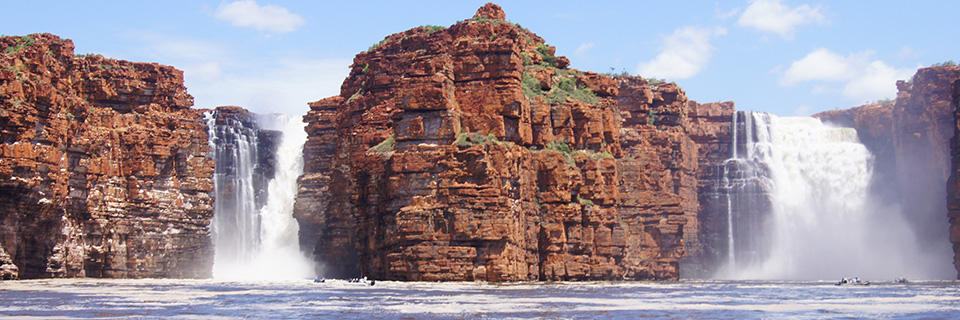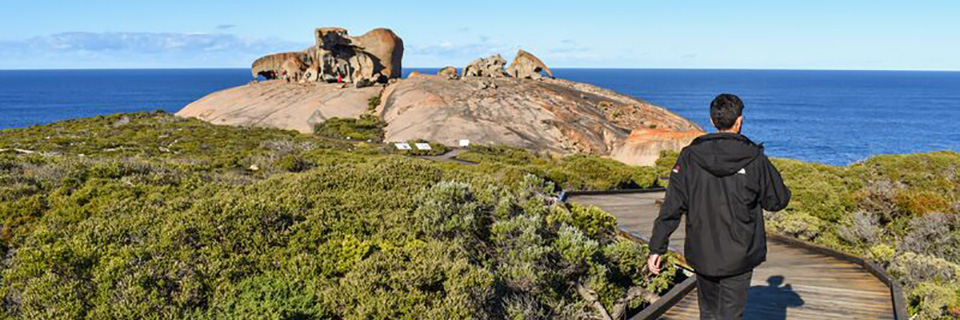Description
There is little doubt why the South Pacific Islands are the benchmark by which paradise is measured. Robinson Crusoe Island, Easter Island and French Polynesia – among others – are the stuff of many a childhood dream. Yet, the world’s most captivating islands are far more than just sea and sun. With UNESCO World Heritage Sites, endemic wildlife and descendants of the Bounty mutineers, this voyage is perfect for both birders and buccaneers.
Trip Name
Papeete to Valparaiso Expedition (Silver Explorer)
Days
23
Overview
Vessel Type: Luxury Expedition
Length: 108 metres
Passenger Capacity: 144
Built / refurbished: 1989 / 2008 / 2018
Silversea’s purpose-built luxury Silver Explorer expedition cruise ship has been designed specifically for navigating waters in some of the world’s most remote destinations, including both of earth’s polar regions. A strengthened hull with a Lloyd’s Register ice-class notation (1A) for passenger vessels enables the Silver Explorer Expedition Cruise Ship to safely push through ice floes with ease. A fleet of 12 Zodiac boats allows Silversea Expedition guests to visit even the most off-the-beaten path locations and an expert Expedition Team provides insight and understanding to each unforgettable Silver Explorer luxury cruise adventure.


